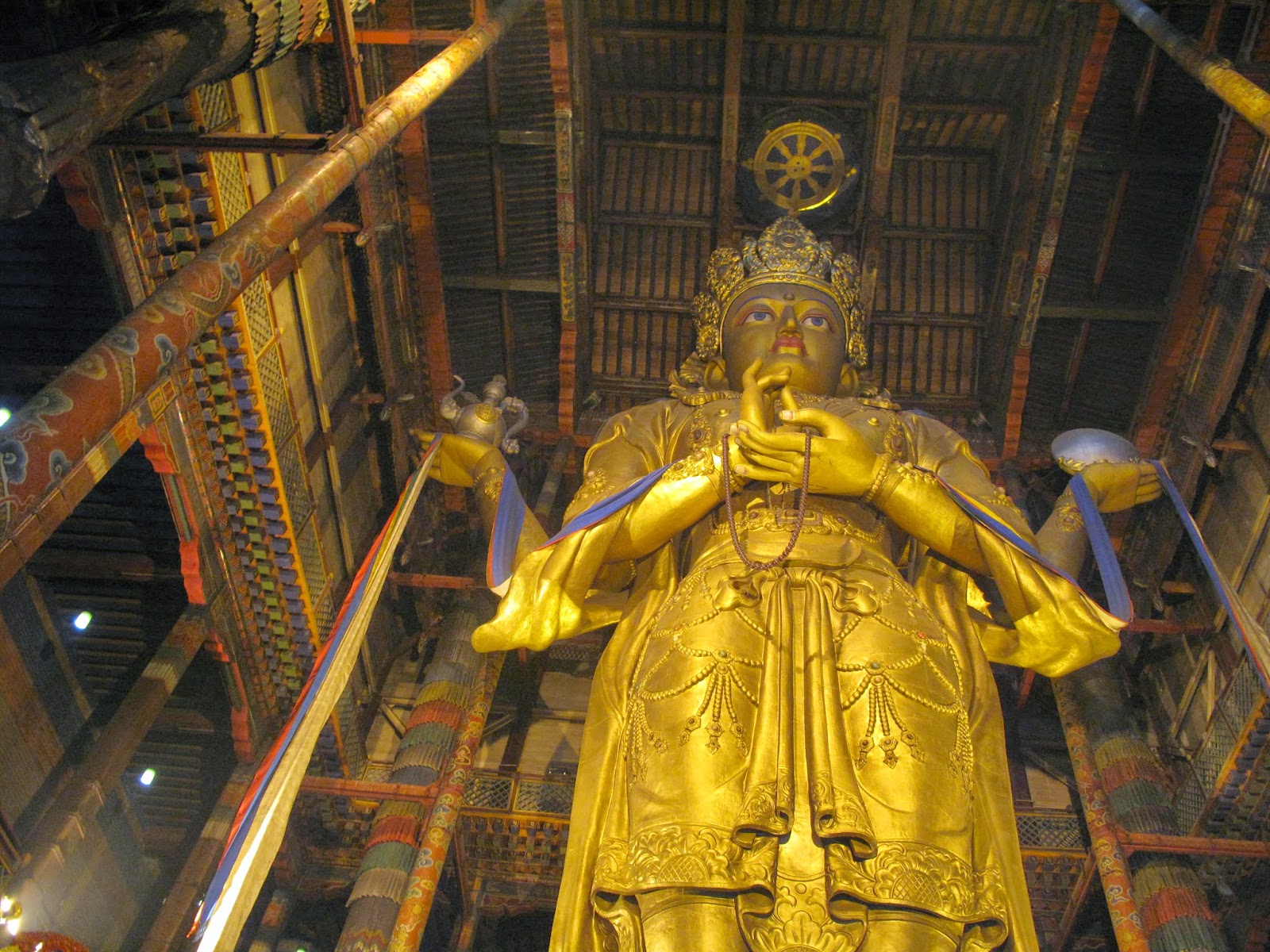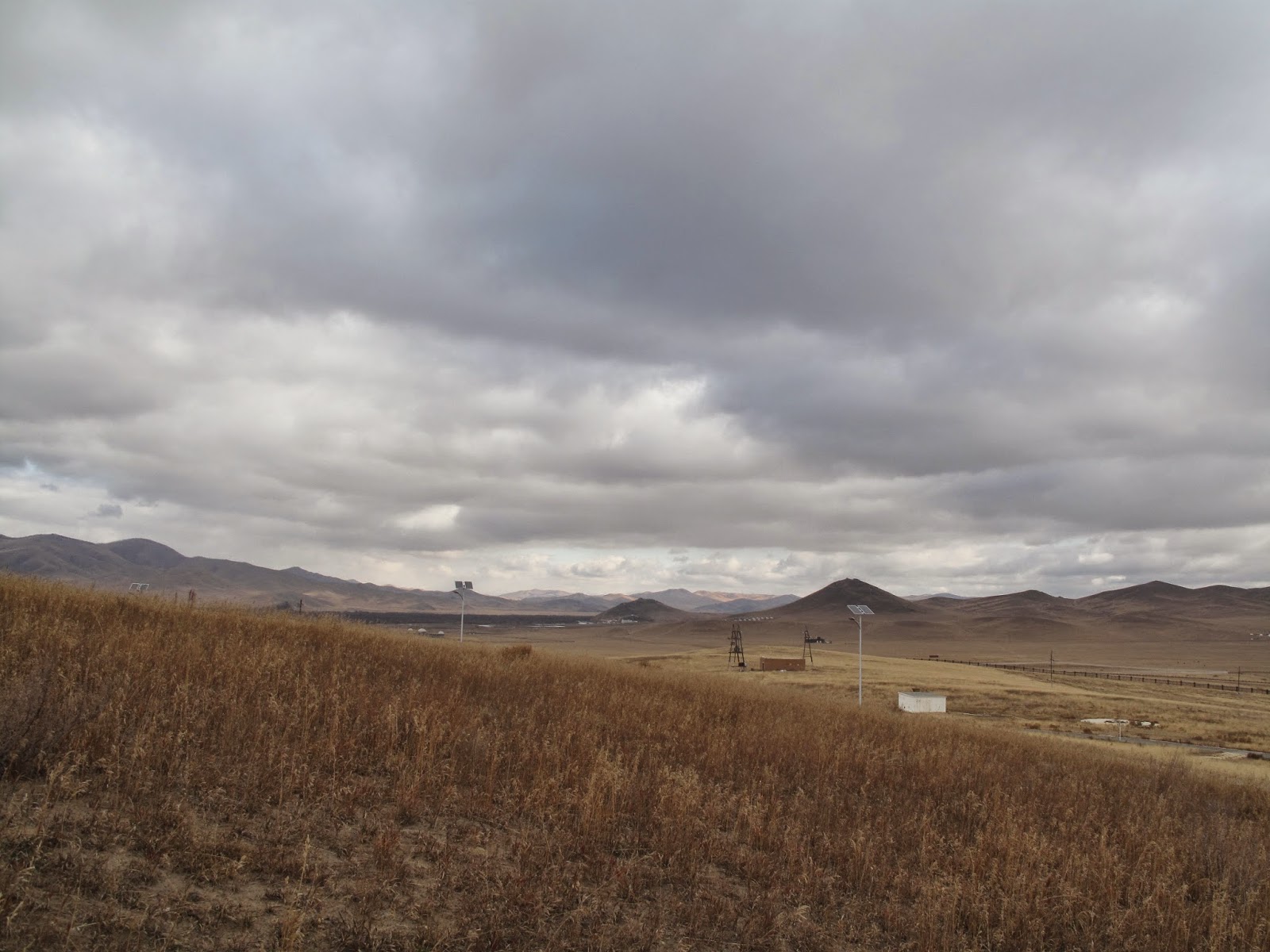Updates: I live happily in Koreatown, LA, California, USA, World. I like it here. I got an awesome girlfriend and even though it's been truly trying, life is pretty good. I've found work as a substitute teacher, and a tutor. I want to develop my career in education, and I know that involves reflection. So let's get back to it.
 |
As a substitute teacher, I'm an outsider in almost every possible way:
I'm white. 99% of the students are not. However, some of the teachers are.
I'm not from California. (Sometimes when I tell people I'm from Ohio, they follow up with questions about Idaho, Iowa, or another place. Living in California has given me as much culture shock as living in Asia or South America did. But maybe that's because I'm re-acclimating to American life.)
I'm not teaching many English classes, or grades that I'm familiar with.
I'm a country guy (which I never thought of myself as being until I lived here. Even though I lived in Mexico City for several months, the city life there never manifested itself as such.)
And lastly, most importantly, I'm not their regular teacher.
Being an outsider certainly has benefits, it allows you to see things that people within that system never see.
So, I've got a lot to deal with on a given day. I'm also tutoring part time and trying to settle into this megalopolopolis. It's not easy. It feels like life lessons come several times a day. Then those really profound, perspective shifting incidents come almost as often. I heard an interview with Gloria Steinem where she discussed turning points in life, where there is a split between before and after the event. I've had a lot of those concentrated in 2-3 months time.
What I can definitely report is that I've stepped into a pretty chaotic system, this must be what new presidents feel like. I mean, every school I've ever worked at exists on this thin line, or crumbling (literally) foundation held together with duct tape. You wouldn't ever realize that as a student, but that's just the reality when so many teachers are working long days, administrators are exhausted working on the most pressing things, and the culture at large doesn't really see education as a profoundly important ...thing.
A fellow teacher mentioned one of the schools I had real difficulty in was difficult for everyone. The P.E. teacher said he could barely take roll and it was plunged into chaos.
We have to constantly reexamine our jobs, us in education.
What even is education?
To me it's always been tied to learning, sharing wisdom, finding out answers. But as I continue to work and teach in these schools it's clear that education is not something that happens in school.
In poor, urban, economically and racially oppressed areas, education is more about connections, conversations, ideas that stem from experience in the community-- not from lessons in classes and books.
It's that simple. The school system isn't serving students in many of these schools, so they lash out, at one another, at the school building, or at me. I know part of the problem is just teens being teens, hating things and doing stuff without thinking of the consequences. But the main problem persists, as I've written about before, school isn't on their side.
I read an article that had to do with intervention that uplifts students by simply asking them what they need, offering resources to their parents, and directly treating any issues of crisis the students may face. This approach is beautiful, and the results speak for themselves. The school and everyone involved should be upheld as a beacon of hope.
This is the type of teaching I always hope to do, when students act up it is almost always because of another need- they don't understand, they don't feel comfortable, etc. You really have to ask them what's up, instead of yelling at them. But I've been forced to scream a few times, which resulted in no impact whatsoever, the students are totally desensitized to screams.
If I have the mental energy, space, and/or time to engage with an errant student during class, I always ask if they understand the assignment or the topic. They usually say no. When they don't get it, they act out. My girlfriend shared another article I found important. It leaves you wondering what to do next, and that is exactly how teachers feel on a daily basis.
The idea that students would rather be the bad kid than the dumb kid resonates with my experiences, for sure. I'm still working to adapt and learn with each student and class as I go. Taking that extra minute to engage, rather than scold, is so valuable. And it applies to life in general. Seeking to understand the people around you always provides more benefit than treating people as problems.
But right now I'm not at work, and I know my attitude may be significantly different after a long shift. But the more I teach, the more I want to teach. I still hope to get that degree in Geography so I can teach social studies in college, as I've dreamed about for years.
Does anyone else have experience substitute teaching?
I'll try to keep my blog more updated. See you next time!



















